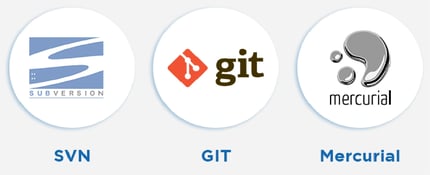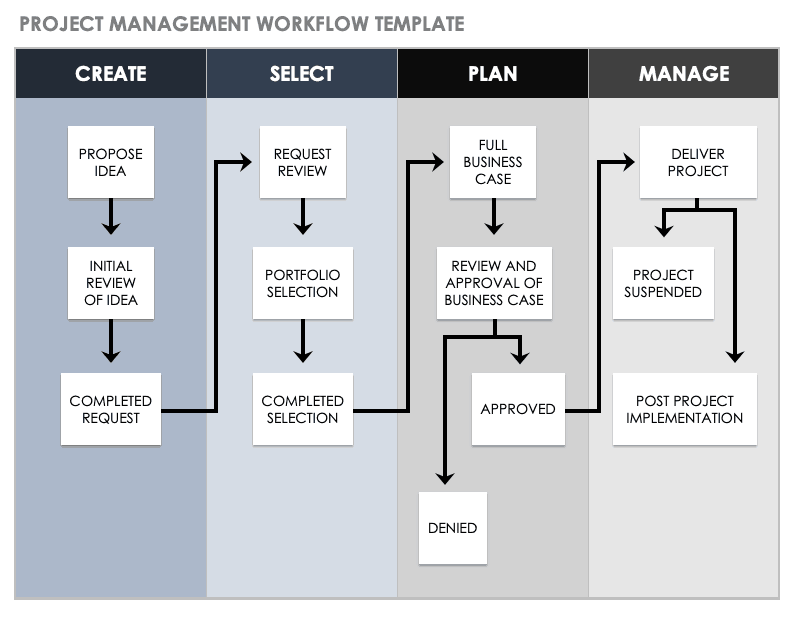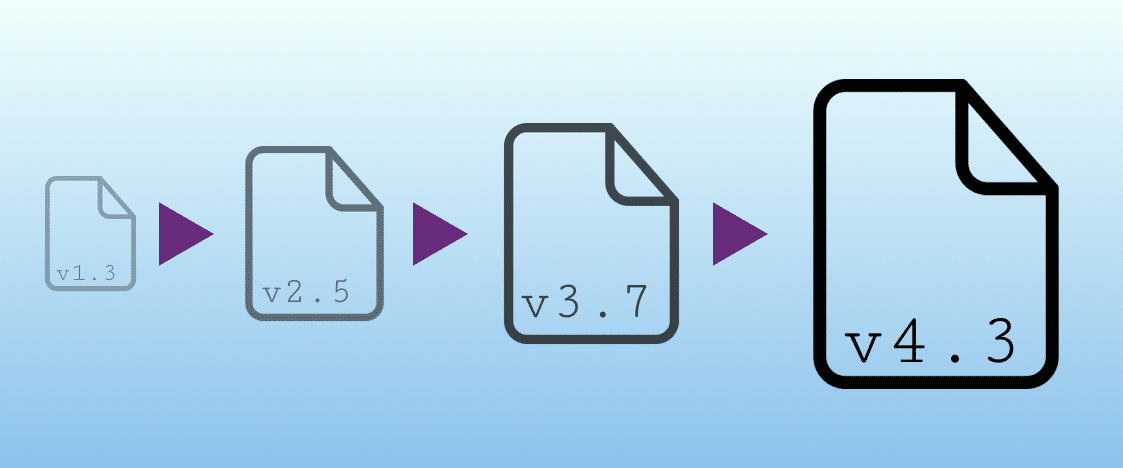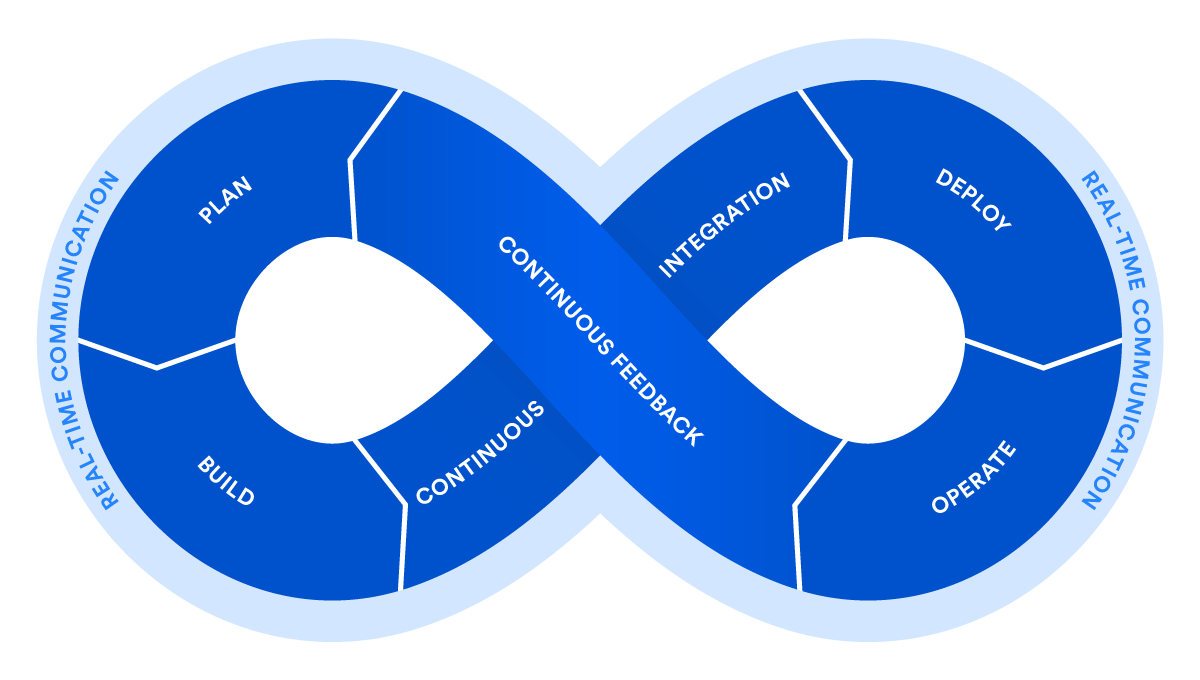
Mastering Version Control: Best Practices for Efficient Coding

Introduction
Version control is a cornerstone of modern software development, providing a systematic way to manage changes and collaborate effectively. In this article, we’ll delve into best practices for version control, offering tips to streamline your coding process and foster a collaborative development environment.
Choose the Right Version Control System
The first step in mastering version control is selecting the right system for your project. Git is widely adopted for its flexibility and robust features. Ensure your team is familiar with the chosen system to maximize the benefits of version control.
Initiate Repositories Strategically
Establishing repositories is a crucial aspect















